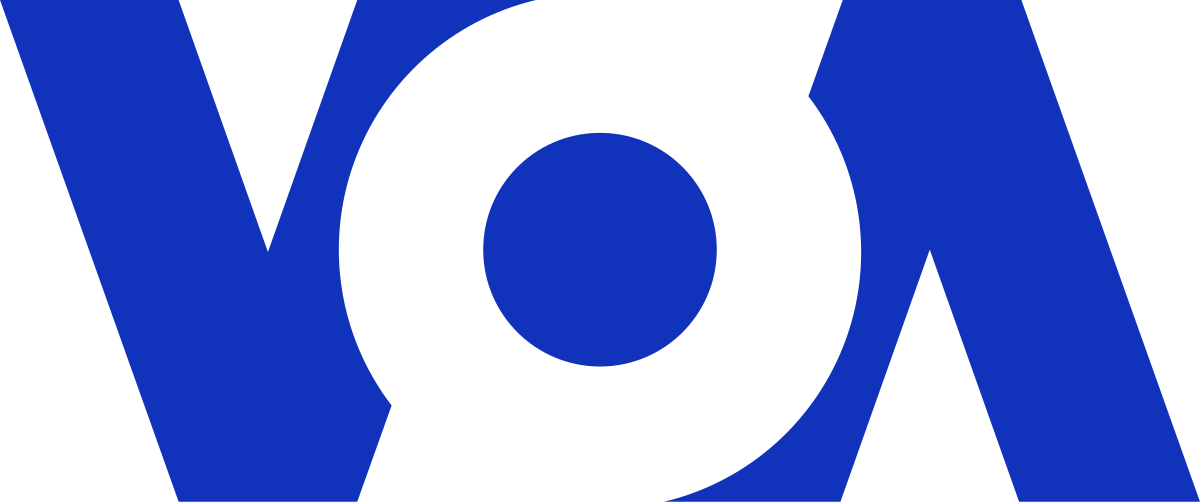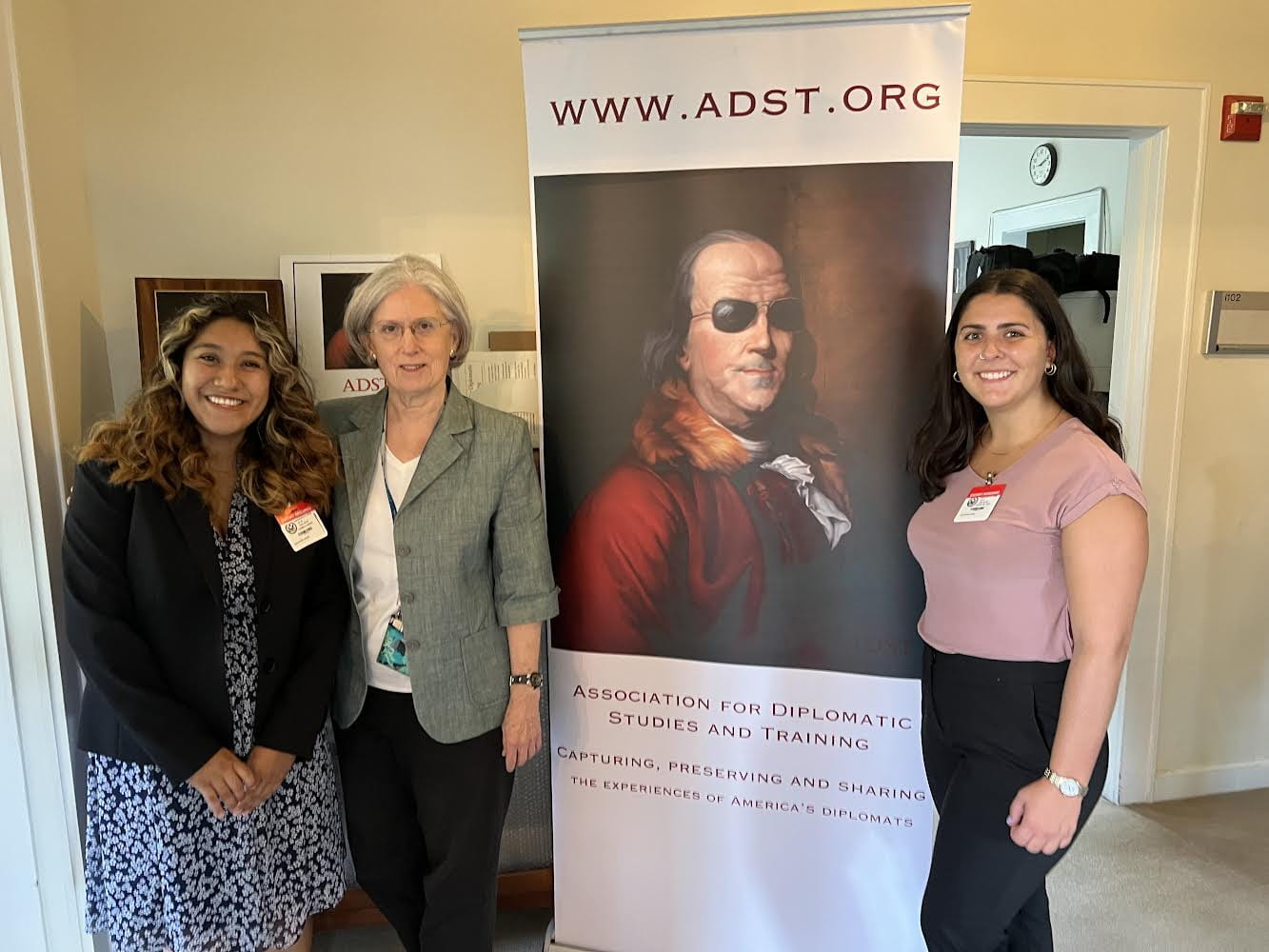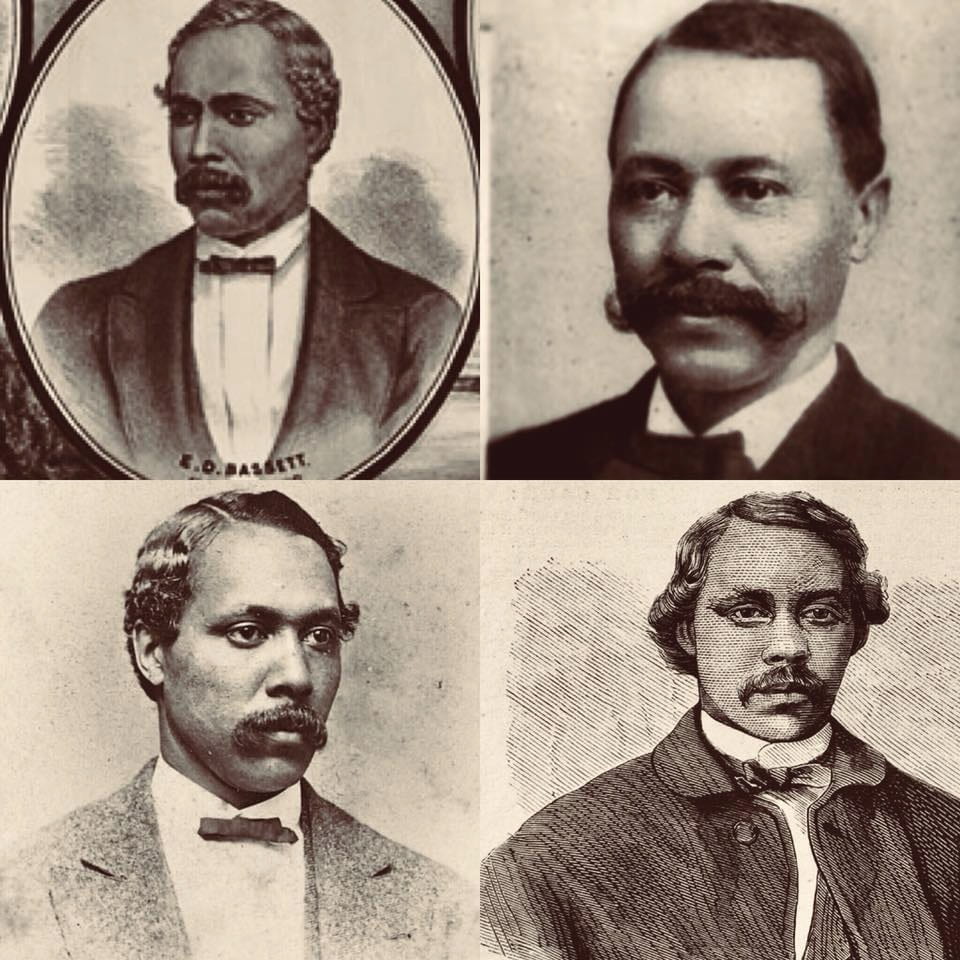By Alexis Posel, IPDGC Communications Assistant
At last year’s December First Monday Forum, a panel of Senior Foreign Service Officers discussed the importance of expos in the 21st century. The First Monday Forums are a recurring partnership between IPDGC and the Public Diplomacy Council of America.
The panel comprised of Matthew Asada, U.S. Public Diplomat in Residence 2022–24, Nini Forino, the Director of Alumni Affairs in the Bureau of Educational and Cultural Affairs, and Beatrice Camp, Senior Advisor at the Department of State on the Asia-Pacific Economic Cooperation (APEC) shared their experiences and knowledge of these mega-events.
Chairing the panel was Mark Ritchie, former Minnesota Secretary of State and co-founder of Expo USA.
The panelists underscored the significance of expos when it comes to cultural exchange and public diplomacy. Asada had been the Deputy Commissioner of General of the USA Pavilion at Expo 2020 Dubai. “It is important to have an eye for metrics,” he said, outlining the partnership and planning strategies he kept in mind during Expo 2020 Dubai.
Asada broke down expos through four lenses: the governing body, the organizer, the participant, and the spectator. According to him, each of these elements contributed to the advantages and challenges of participating and hosting mega-events that have a large reach.
All the panelists supported the argument that expos do have a place in the 21st century, despite the alternative views in the broader public diplomacy community about their efficiency given the high costs of organizing, building, staffing, and running world expos. To the panelists, expos are platforms that connect people and businesses, and build networks that can have a positive impact.
The main takeaway for the FMF audience was that the opportunities for introducing foreign perspectives and ideas to a country’s national economy and inspiring innovation are – as the saying goes – priceless!




